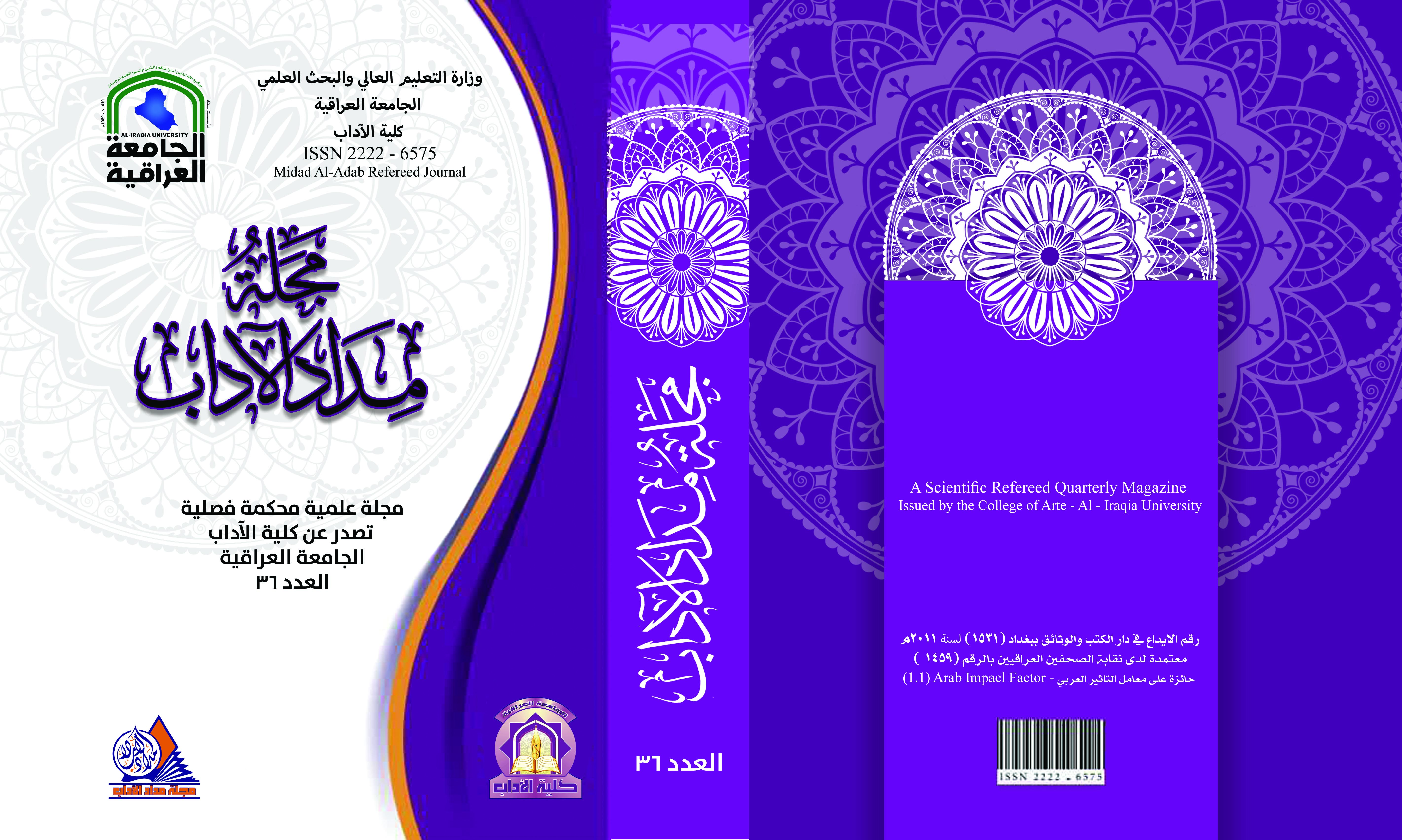Jurisprudential Guidelines for the Use of Artificial Intelligence Tools
DOI:
https://doi.org/10.58564/ma.v14i36.1548Keywords:
Keywords: Guidelines, Jurisprudence, Artificial Intelligence, Tools.Abstract
This research addresses the "Jurisprudential Guidelines for the Use of Artificial Intelligence Tools" to answer the main question: What are the jurisprudential guidelines for the use of artificial intelligence tools? It also explores the following sub-questions: What is a jurisprudential guideline? What is the concept of artificial intelligence? What is the legal ruling on the use of artificial intelligence tools? The aim of this research is to derive jurisprudential guidelines for the use of artificial intelligence tools, emphasizing the validity of the purified Shariah for all times and attempting to find legitimate jurisprudential solutions to problems arising from technological advancements. The research adopts an inductive, analytical, and deductive methodology, divided into an introduction, two chapters, and a conclusion. The research has arrived at several findings, including the importance of regulating the use of artificial intelligence tools with legitimate jurisprudential guidelines to mitigate the risks associated with unregulated usage. It also provides recommendations, such as intensifying the efforts of researchers, jurists, and legal experts to address constitutional gaps in the use of artificial intelligence tools through jurisprudential and legal studies, deriving laws and regulations that govern the use, design, and development of artificial intelligence tools. The focus should be on legislation related to the design and development of artificial intelligence tools, programs, and systems, ensuring compliance with the provisions of Islamic jurisprudence, as there is a significant deficiency in these legislations
Downloads
Published
Issue
Section
License

This work is licensed under a Creative Commons Attribution-NonCommercial-NoDerivatives 4.0 International License.








